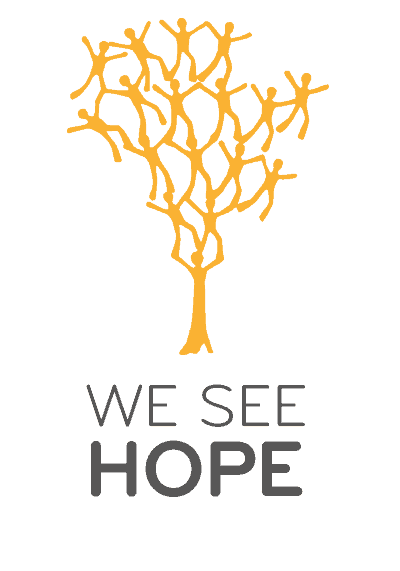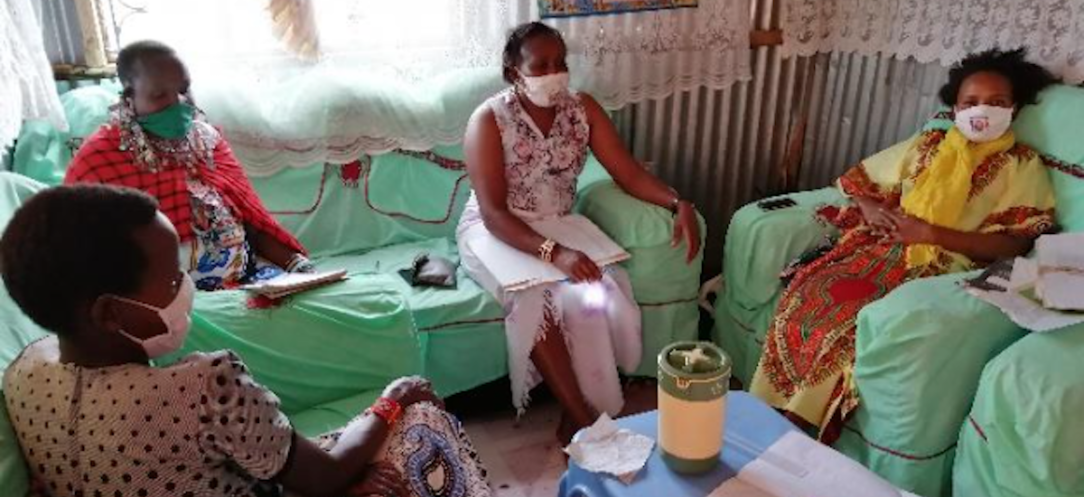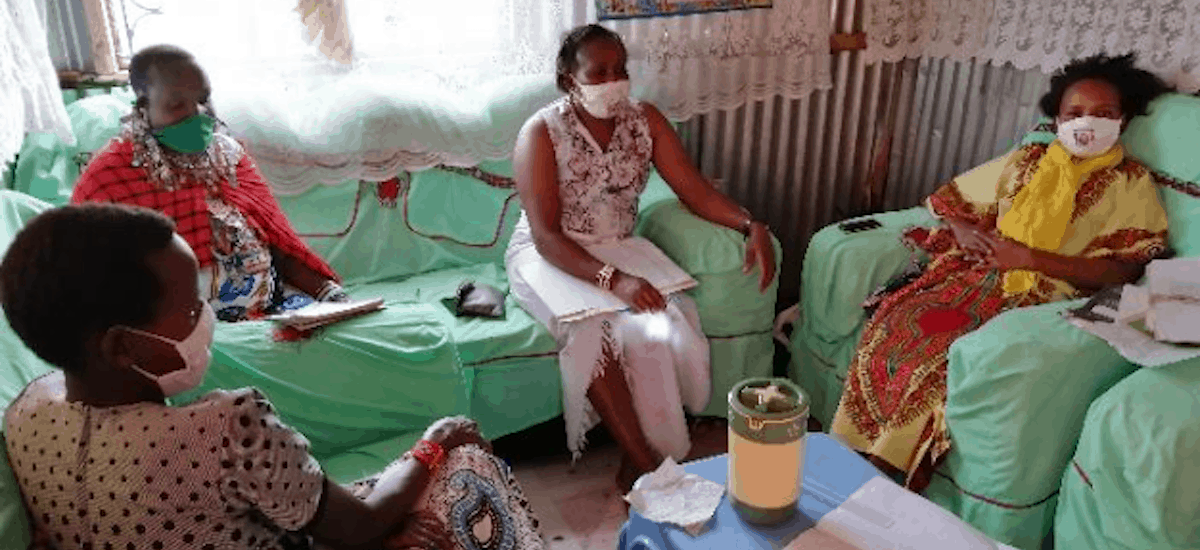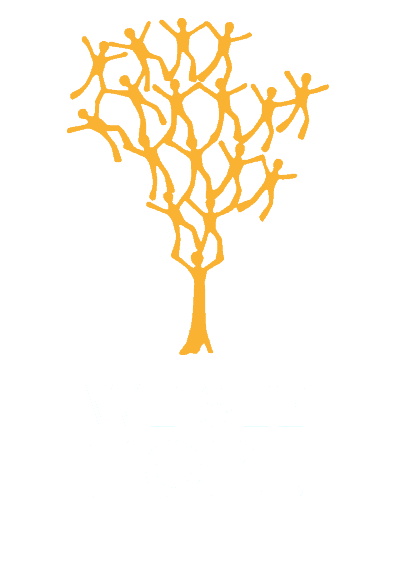A year since the World Health Organisation declared COVID-19 a pandemic, our Africa Director, Oswald Malunda (pictured right), shares five of our key learnings…
As with many organizations, the onset of the pandemic required WeSeeHope to adjust and respond at a pace – and in circumstances – we have never had to before. It rapidly changed the needs of the children and communities we work with whilst also disrupting planned program activities and challenging our traditional ways of working.
Reflecting back over the last year, here are five lessons we have learnt….
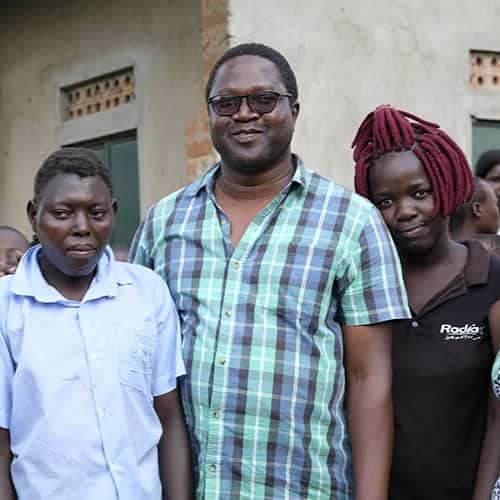
1. WORK FLEXIBLY
In March 2020, travel restrictions and COVID-19 prevention measures in Kenya, Malawi, Tanzania, Uganda and Zimbabwe quickly caused challenges for our program delivery and isolated the communities and children we work with. To ensure we could best support them through this crisis, we knew we had to listen to, and work even closer with, our network of partners, and they had to do the same with our program volunteers. This way, we could come up with solutions together.
By the beginning of April to September, we changed how we communicated with our partners, with monthly (rather than six monthly) progress reports and work plans, and much more frequent calls, helping us to work together, respond much quicker and stay connected.
Key Takeaway: When circumstances change so quickly, being flexible with normal processes is essential.
2. LOOK FOR OPPORTUNITIES
As we work in annual cycles with communities, program activities are very structured and follow detailed timelines. However, the impacts of the pandemic – including shocks to household income and food security – required us to adapt.
With face mask wearing and hand washing guidelines in place, we saw an opportunity. We worked with our partners to provide training in how to make face masks and soap from local materials for the community volunteers who run our programs, who then passed their skills on to:
- Savings and loans groups from our Village Investors Program (VIP) and students from our Vocational Training Program: With knowledge in how to make soap and face masks, they were then able to diversify their businesses and start selling the new products at an affordable price to their communities. This helped to boost their own income whilst keeping communities safe.
- Children from our Kids’ Club Program: Club members were taught how to make face masks and used them as an income generating activity for the clubs. For example, in Ngodzi, Malawi, across eight communities between September and December, members made nearly 1,000 masks!
Key Takeaway: It’s important to keep looking at new ways of doing things which are in line with our sustainable approach.
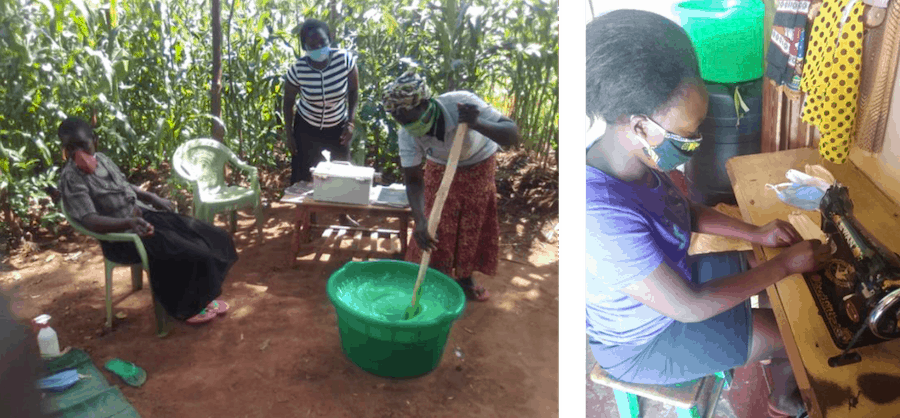
3. BE RESOURCEFUL
In order to help community members protect themselves, we also had to get creative with what was already there.
Low-cost hand washing facilities made from locally available materials, like Tippy Taps (pictured right), were originally used before the pandemic to prevent the spread of cholera. However, with hand washing a key preventative measure of COVID-19, we encouraged families to make them and put them outside their homes and in their communities. The taps are now used by VIP groups in their weekly meetings, and other hand washing facilities are used by Kids’ Clubs and Child Rights Clubs.
Key Takeaway: Making the most of readily available resources encourages community-led responses and ownership.
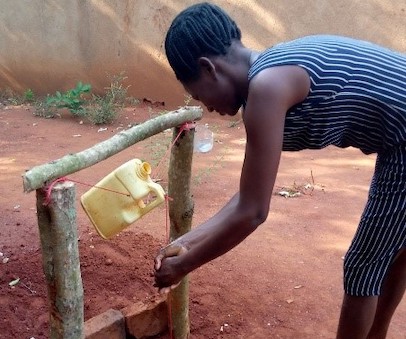
4. UNDERSTAND THE DIFFERENCES
The pandemic has had a severe impact on the vulnerable children we work with across Southern and Eastern Africa. It has been especially difficult for those living on the streets, who have been stigmatized as “spreaders” of COVID-19. To challenge and change this perception, we worked with our partners running our Street Work Program to sensitise these children quickly and teach them about prevention measures so that they could be safer on the streets.
For example, our partner in Nakuru, Kenya made sure the children had regular access to hand sanitizer, face masks and soap. In Harare, Zimbabwe and Mwanza, Tanzania, our partners checked the children’s temperatures when they arrived at the Day Care Centres, where they washed their hands and observed social distancing. By helping the children to protect themselves and show publicly that they were following guidelines, they were less stigmatized and isolated.
Key Takeaway: COVID-19 is affecting children and communities in different situations and it’s important we find new ways to best support them.
5. EMBRACE CHANGE
To make sure we best adapted to our new ways of working, we needed to embrace the change that came with it. We did this with our VIP in Kenya, switching groups to mobile banking as a safer way for members to deal with their finances.
While restrictions were in place, our partners in Busia, Loitokitok and Nairobi, introduced a digital money management model. This helped members continue their saving and loaning activities without having to meet in person. Even though restrictions have eased in Kenya, the groups are still using the model as a more secure way of keeping their money safe while carrying out their businesses.
Key Takeaway: New technologies can improve our programme activities and the ways we work.
Despite this year being difficult in a number of ways, I am confident that the lessons we have learnt and the new ways we are working will help us in the future. Together with the resilience of our partners and the communities we work with, we have shown the ability of our work to thrive and adapt.
